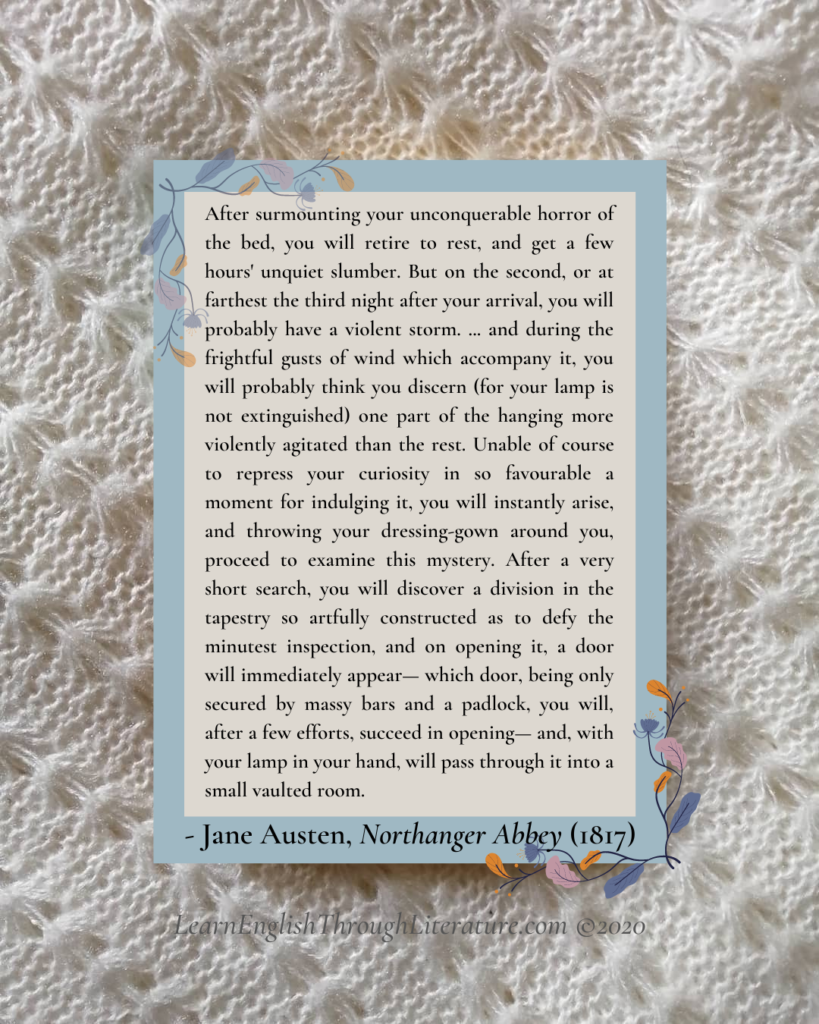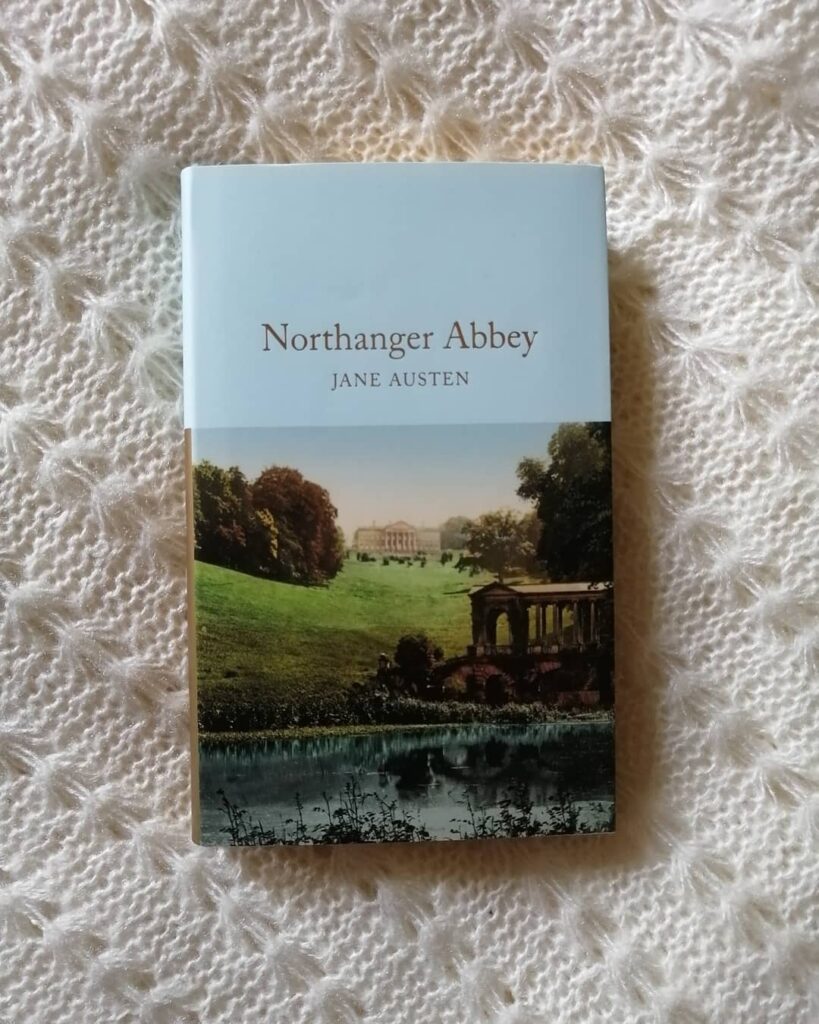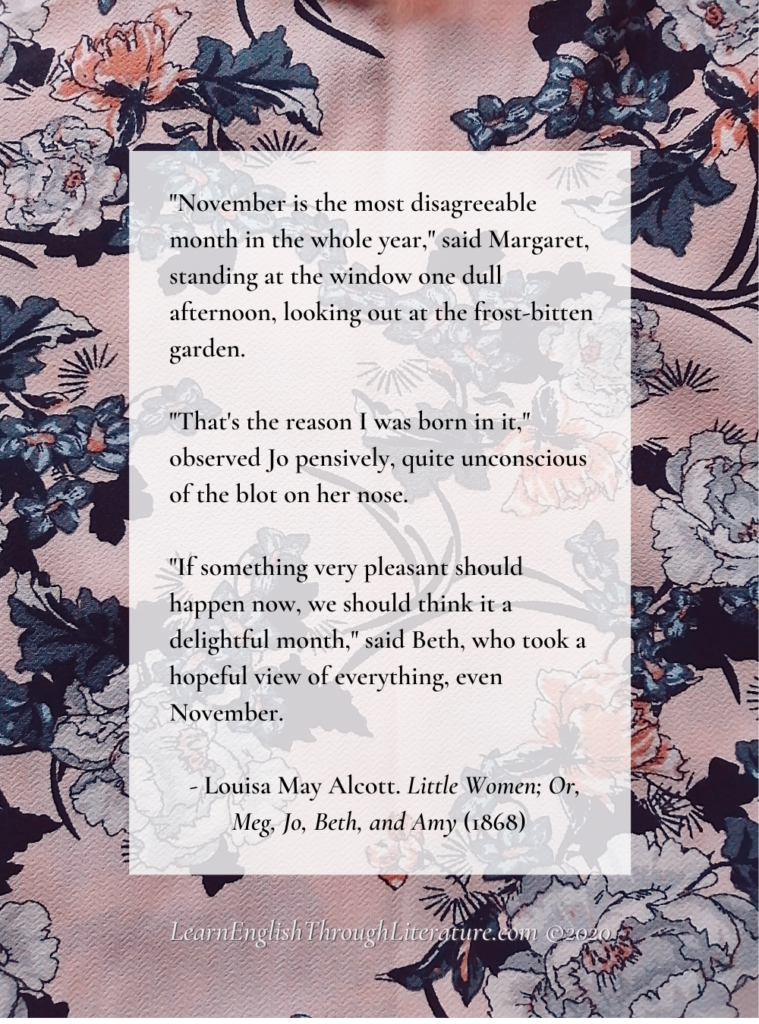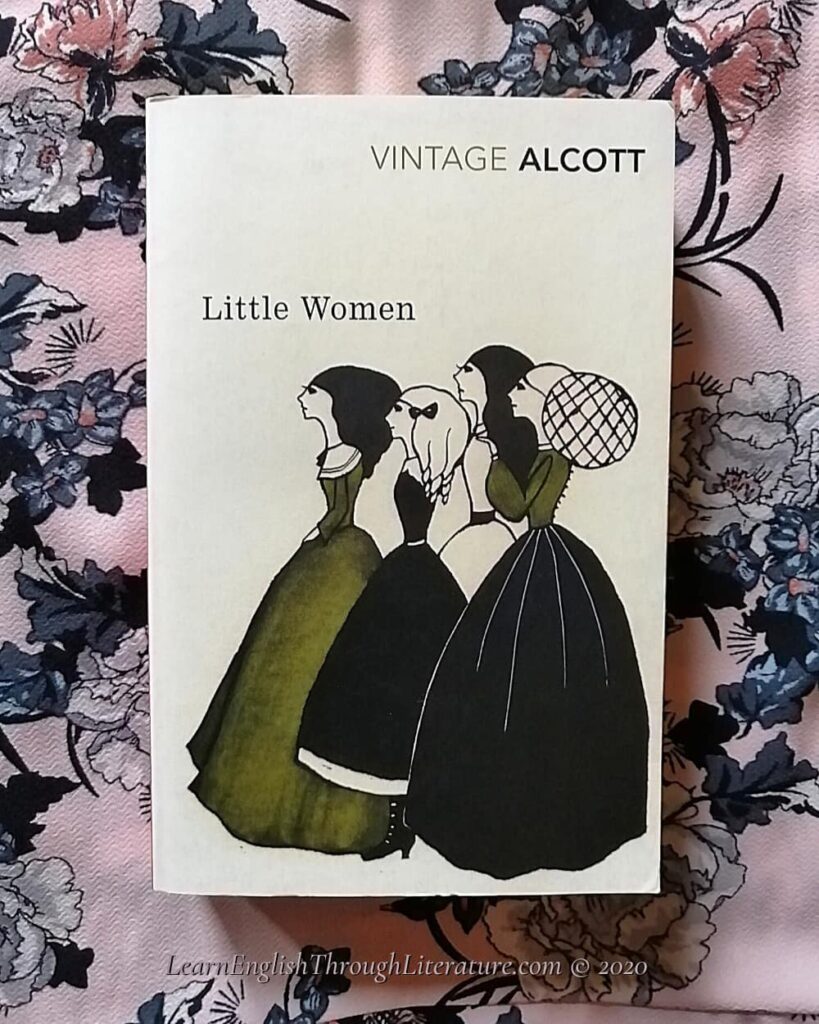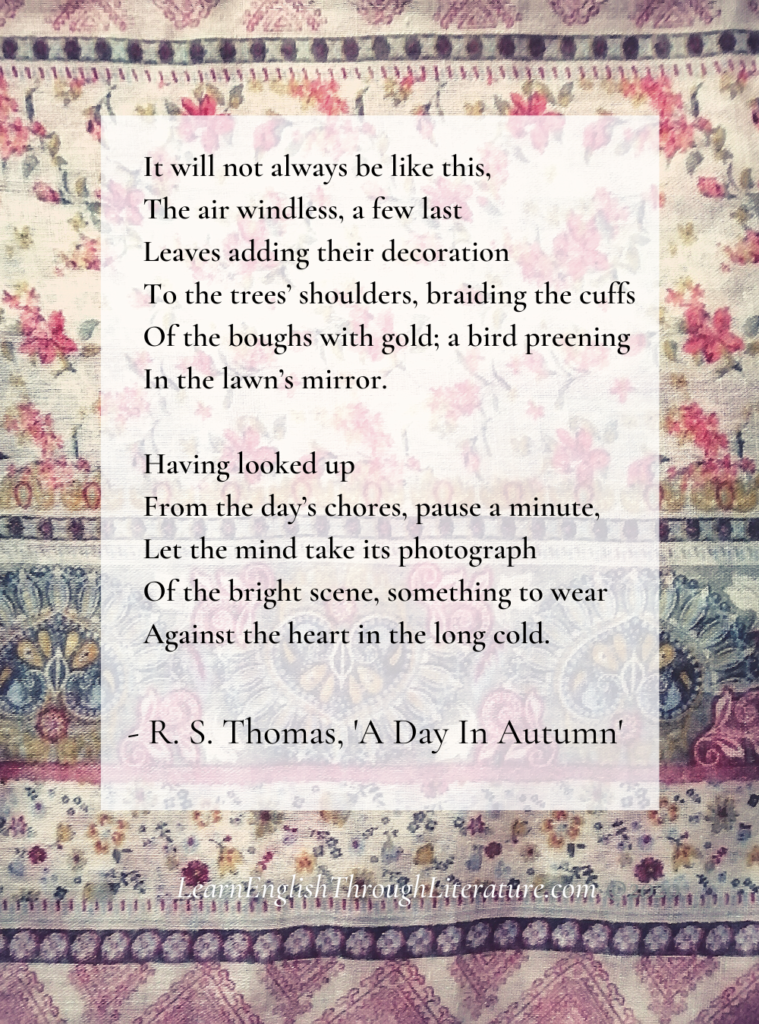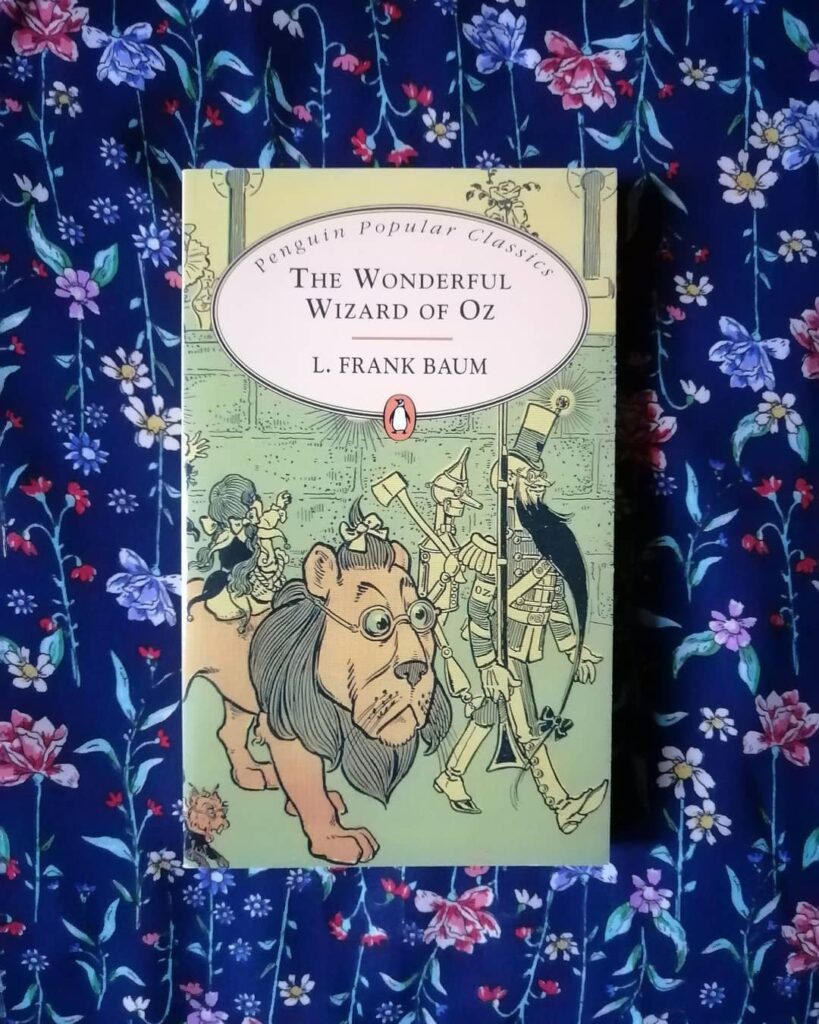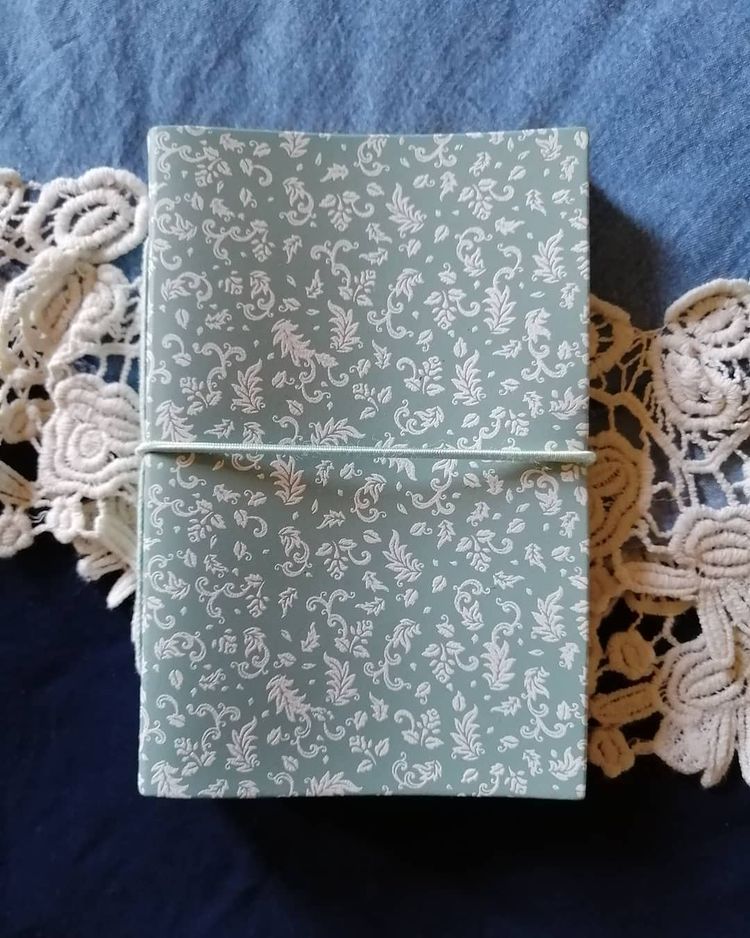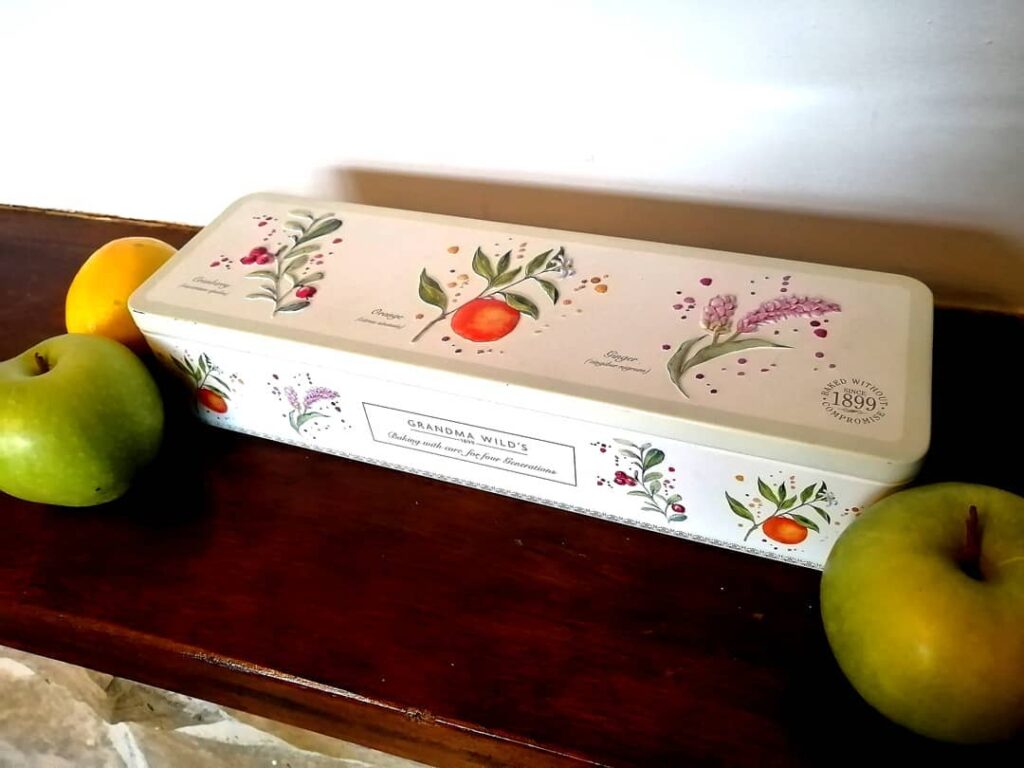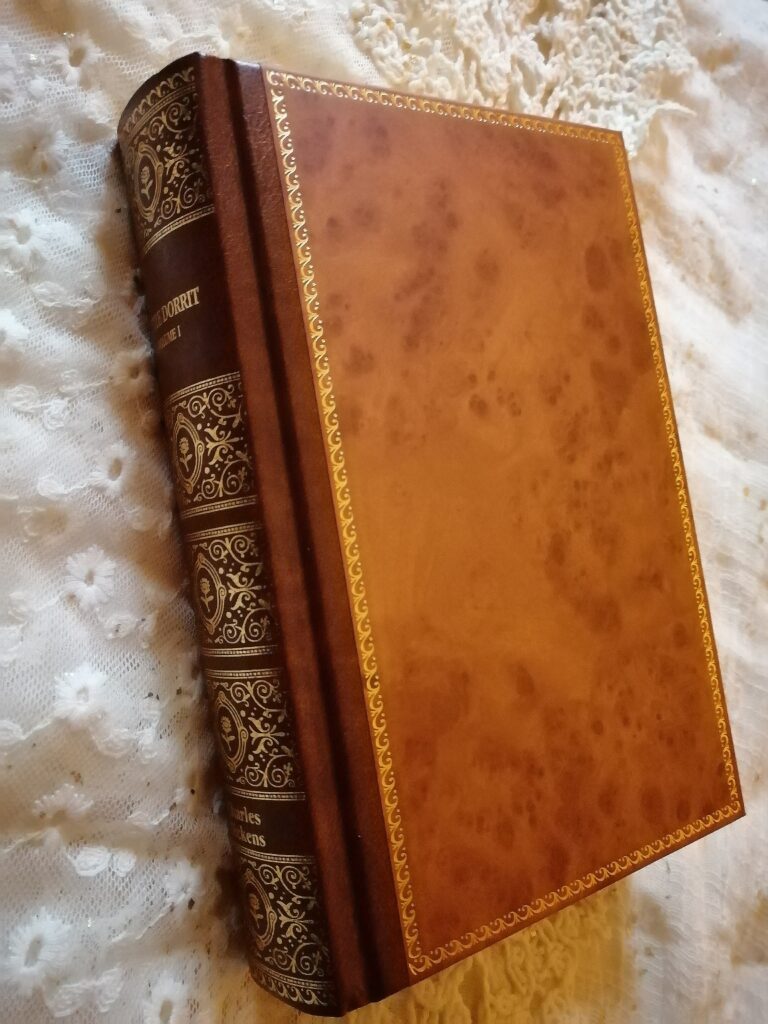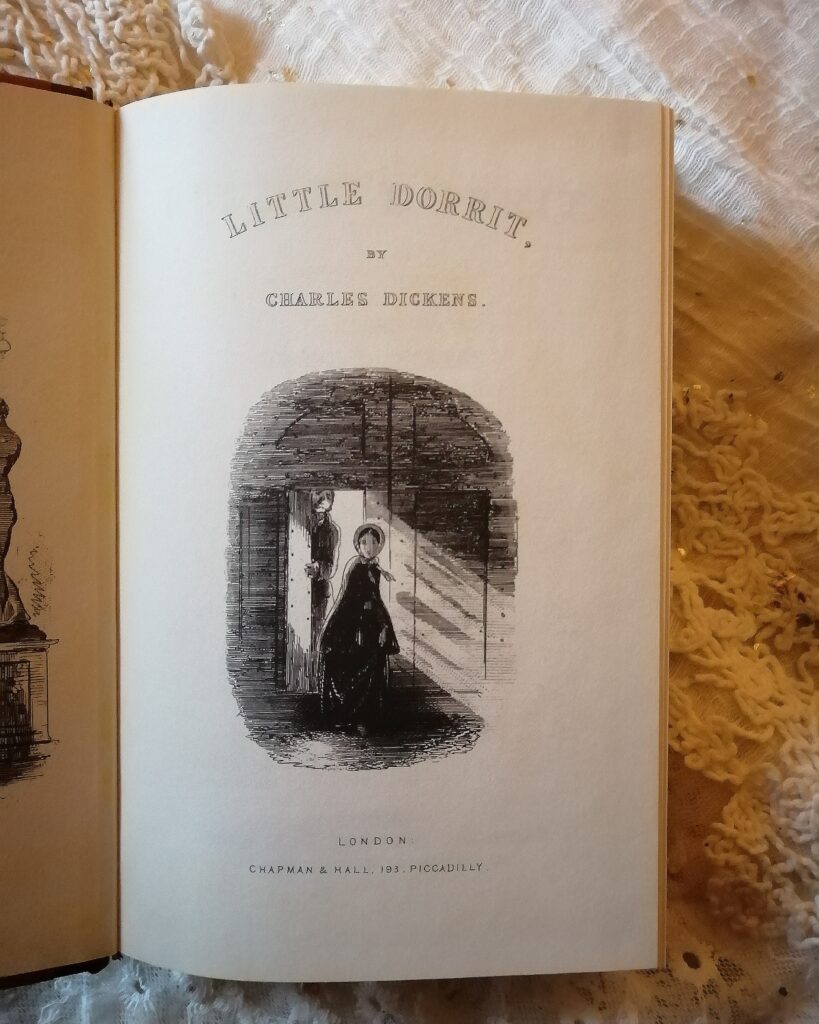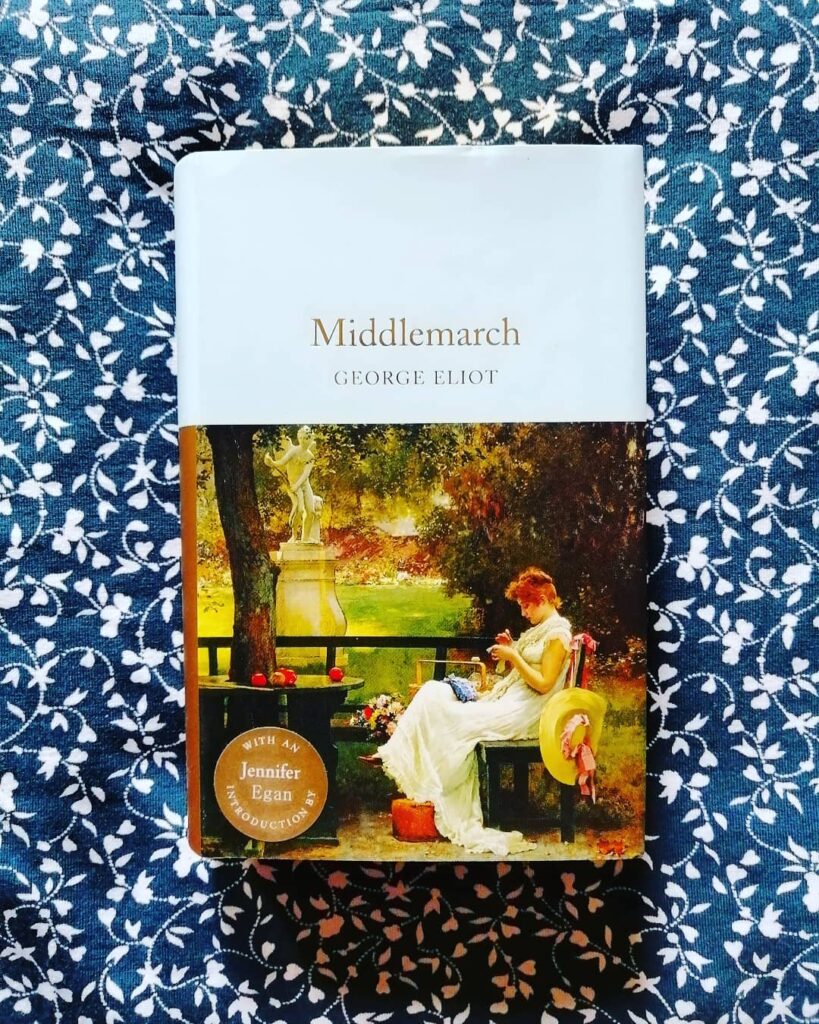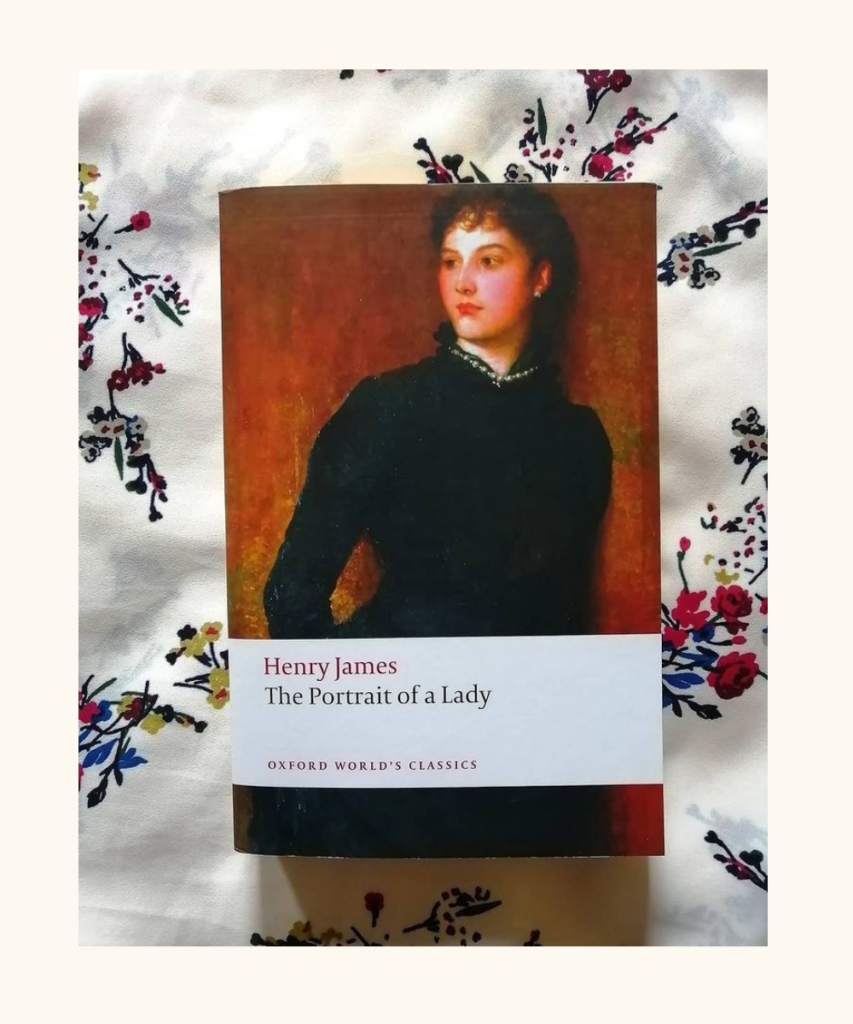Lesson #150 (Part 2): When Should You Use ‘Shall’ Vs. ‘Will’?
This lesson post completes the yesterday’s, so please make sure to read it before this one. The last principle or rule for distinguishing how to use ‘shall’ vs. ‘will’ in English: … 📝 #5 When describing a future action or decision in a non-interrogative context, should you use ‘shall’ or ‘will’? The best way to […]
Lesson #150 (Part 2): When Should You Use ‘Shall’ Vs. ‘Will’? Read More »

